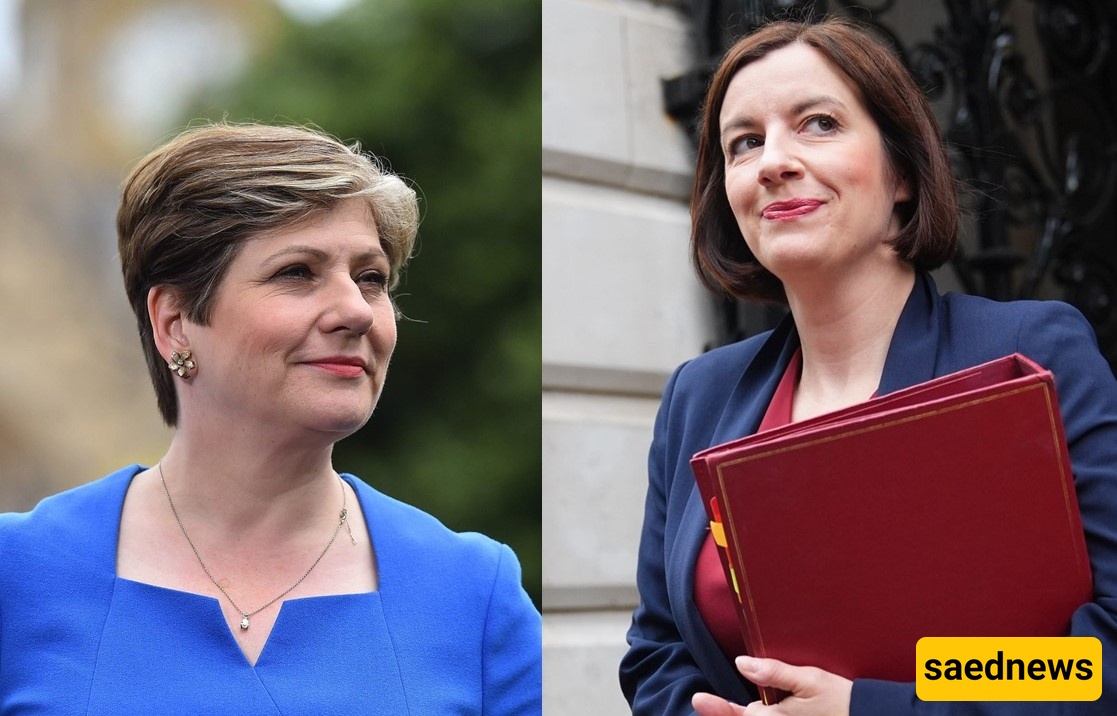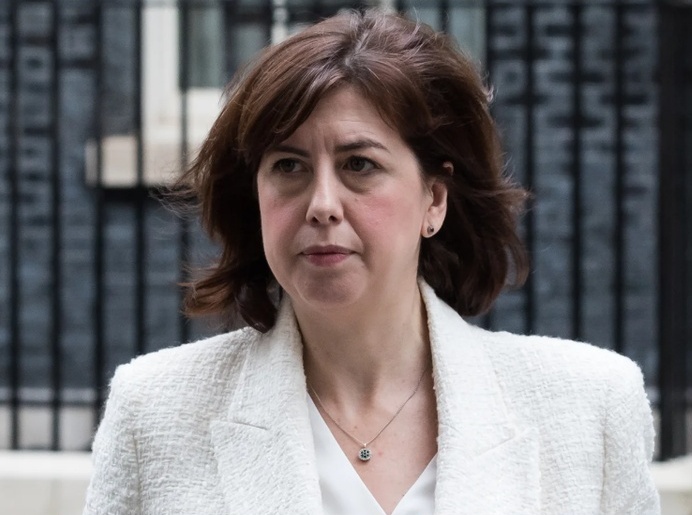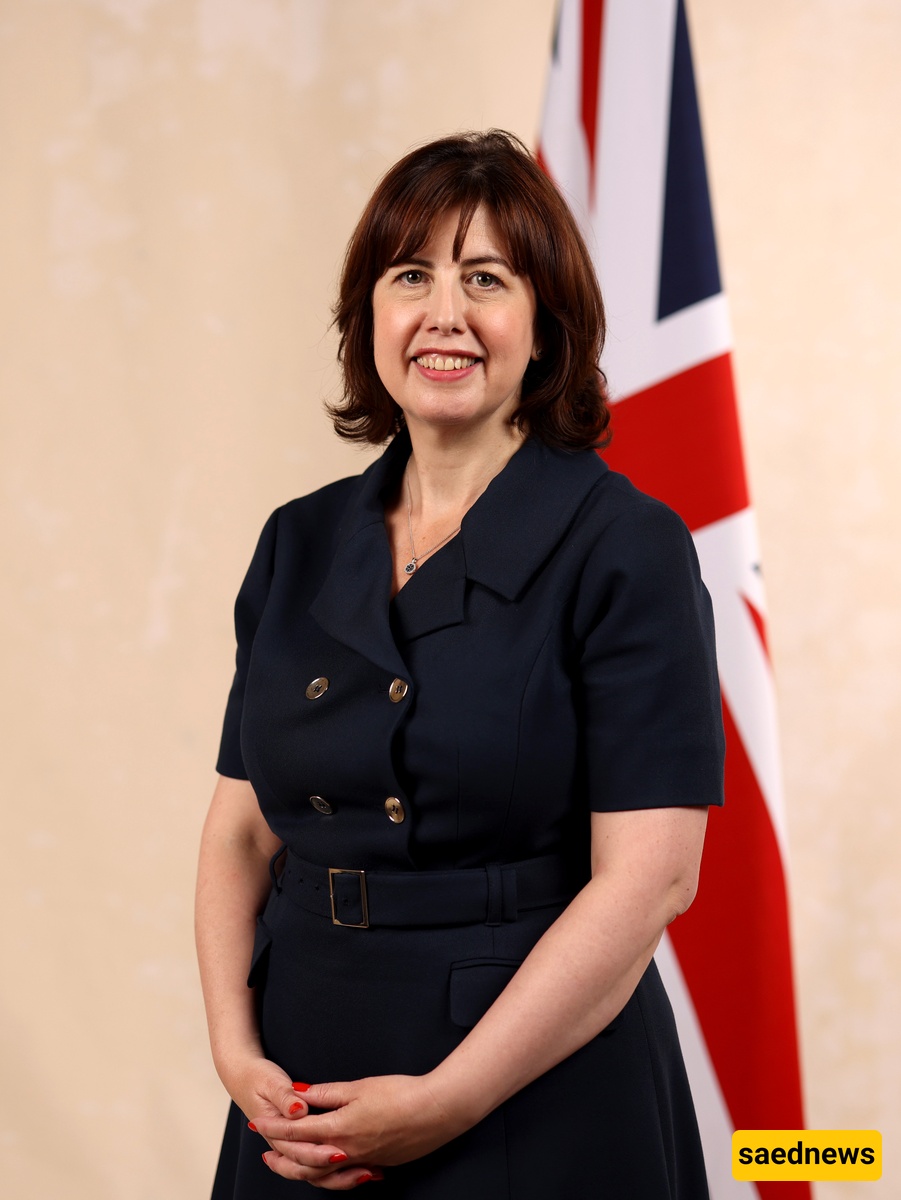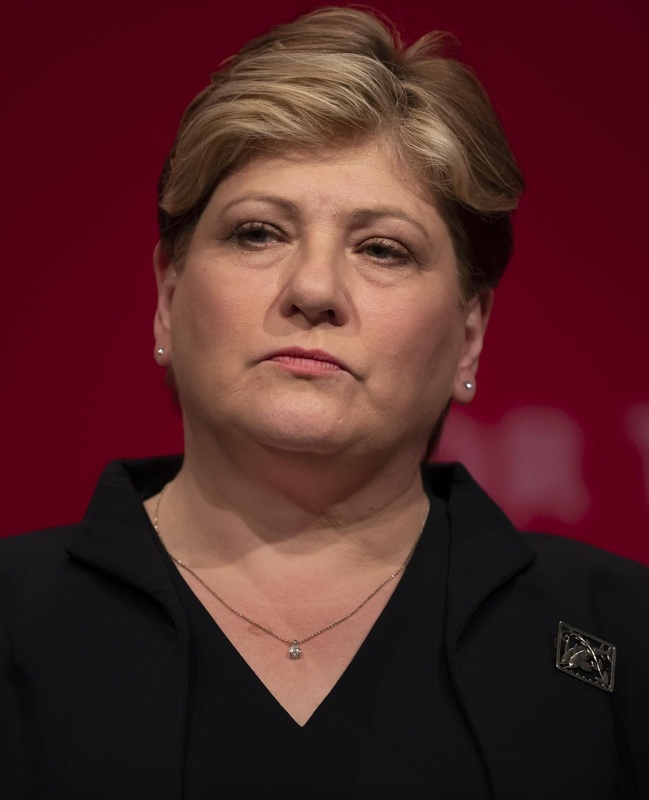SAEDNEWS: The Labour Party’s deputy leadership race has officially kicked off, with Education Secretary Bridget Phillipson, senior backbencher Dame Emily Thornberry, and former Commons leader Lucy Powell all entering the contest.

The Labour Party has entered yet another turbulent chapter as the contest to replace Angela Rayner as deputy leader accelerates. Within hours of nominations opening, Education Secretary Bridget Phillipson, senior MP Dame Emily Thornberry, and former Commons leader Lucy Powell announced their candidacies. They join Bell Ribeiro-Addy, who declared her bid earlier this week.
With the deadline for nominations closing Thursday evening, candidates face an intense three-day scramble to secure the support of at least 80 MPs before moving to the next stage.

Phillipson, presenting herself as a “proud working-class woman from the North East,” has leaned on her record of defeating Nigel Farage in her home region. She pledged to bring “determination to every battle ahead” and warned Labour not to underestimate the threat posed by Reform UK.

Powell, who was dismissed as Leader of the House of Commons just last week, has cast herself as the voice of ordinary families in Manchester. Her message centres on unity and keeping voters’ everyday struggles at the heart of Labour’s mission.

Thornberry, by contrast, has taken a more combative stance. In her campaign launch, she vowed not to simply “nod along” with the leadership and instead promised to amplify the voices of members, unions, and constituents. Known for her outspokenness, she highlighted Gaza, welfare, and a potential wealth tax as her priorities.

Ribeiro-Addy, representing the party’s left wing, has already described the nomination process as “unfair,” pointing to dissatisfaction among members over Labour’s direction, particularly its Gaza policy and welfare reforms. Although unlikely to clear the nomination threshold, she could still set the tone for debates during the party’s upcoming conference.

The race has exposed long-standing tensions within Labour. Gaza looms large: many members and MPs believe the government has mishandled Britain’s position on the war, straining Labour’s unity. Welfare reforms remain another hot button, with backbench rebellions forcing the government into an embarrassing U-turn earlier this year.
For candidates like Thornberry and Ribeiro-Addy, these issues are at the heart of their campaigns. For Phillipson and Powell, the emphasis lies on maintaining party unity and preparing Labour to fend off challenges from Reform UK and the Conservatives.
This is also a symbolic race. All major declared candidates are women, a fact welcomed by many within Labour who argue the deputy role should remain in female hands. Former deputy leader Harriet Harman has voiced her support for that outcome.
Still, whoever wins will have to coexist with David Lammy, who will remain deputy prime minister, an appointed role separate from Labour’s internal structures.
Candidates have until Thursday evening to secure MP nominations. If successful, they must then gain the support of either 5% of local party organisations or three Labour-affiliated groups, including two unions.
The hustings at Labour’s annual conference in September will be the first major test for candidates to pitch directly to members. The final vote by members will conclude on 25 October, when the new deputy leader will be announced.
This contest is more than a personnel change. It reflects Labour’s struggle to reconcile its centrist leadership under Starmer with grassroots members frustrated by compromises on Gaza, welfare, and taxation.
As one Labour MP put it privately: “This race isn’t just about a deputy. It’s about which direction Labour takes for the next decade.”

